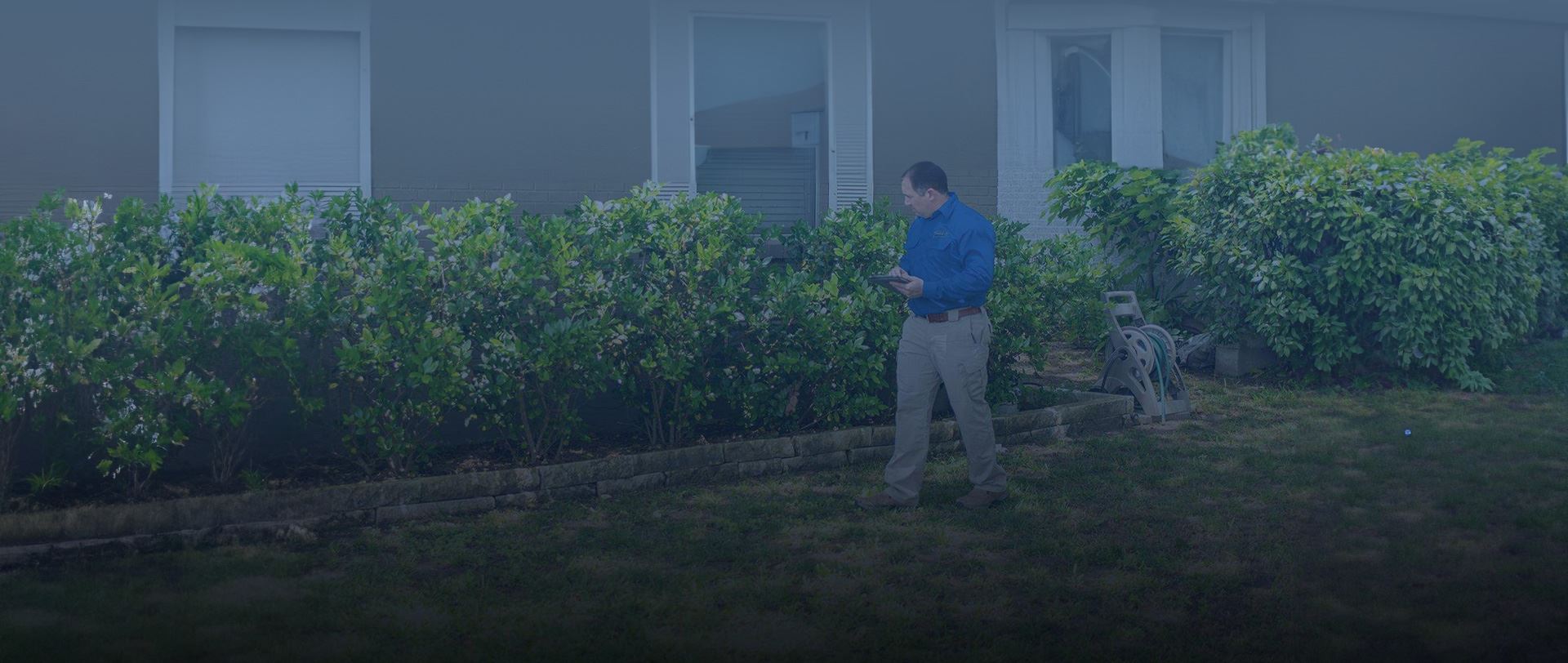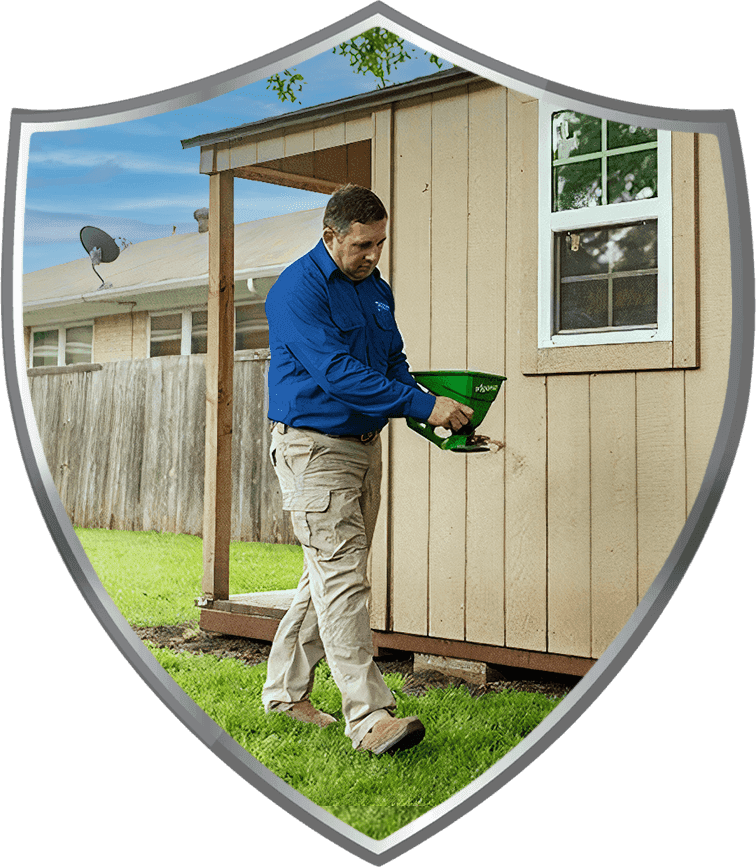
Call Today to Receive 10% Off Any Home Protection Plan
How Can We Help You?

Expert Wildlife Control In Wallingford, CT
Here at Connecticut Pest Elimination, we specialize in providing humane wildlife control and removal for homes and businesses throughout the entire state of Connecticut. The common animal invaders covered under our services include:
- Woodchucks
- Gophers
- Opossums
- Pigeons
- Squirrels
- Raccoons
- Snakes
When it comes to dealing with wildlife in and around your home or business, it's never a good idea to try to remove them on your own as wild animals can be dangerous. Instead, enlist the help of our team of highly trained and experienced wildlife control experts here at Connecticut Pest Elimination. For professional wildlife control and animal removal in Connecticut, we're you're number one choice!

-
“Amazing Service!”
“Our Service from Drew was punctual, professional, honest, and polite!!”- Gretel M. -
“Professional Service”
“- Satisfied CustomerAndrew was very knowledgeable and took the time to answer my questions and make sure I understood everything he was doing and why.
” -
“Excellent Experience”
“CT Pest Elimination is a professional, knowledgeable, and courteous pest control company.”- Satisfied Customer -
“Great Work!”
“Tom was very thorough, and professional, and answered any questions I had.”- Nikki G. -
“10/10 Recommend!”
“Sean from CT Pest Solutions was absolutely amazing. He was kind, professional, helpful, and most importantly resolved our issue.”- Samantha T. -
“Highly Recommend!”
“The tech was fabulous. He called me before he arrived and let me know when he was outside the yard.”- Kathryn S.
The Common Wood-Destroying Insects Of Wallingford, CT
Here in Connecticut Pest Elimination, we contend with a variety of destructive pests. However, there is a distinct sub-category of these pests that you should keep an eye out for: wood-destroying insects. These destructive pests will cause damage to the wood of your home or business that are often not covered by insurance and are costly to repair.
- Subterranean Termites - Considered one of the most destructive and problematic pests in the United States, termites are responsible for over $5 billion dollars worth of structural damage every year by feeding on the structural beams of homes and businesses. Commonly referred to as "silent invaders", these sneaky pests stay out of sight and can eat away at the structural wood of your home or business for months or even years without you noticing, making them especially dangerous pests to contend with.
- Carpenter Ants - Though not as destructive as termites, carpenter ants can still cause major problems for home and business owners, and if left unchecked, can cause extensive damage to the wood of your property that will be costly to repair. Though they don't actually eat the wood, they do tunnel through it to create nests or galleries inside.
- Carpenter Bees - These bees get their name from their habit of boring holes into wood; carpenter bees don't actually feed on wood, but instead drill circular holes into structures to create tunnels and nests inside. Unlike other common bee species, carpenter bees are not social insects and build individual nests. You're likely to find these nests in trees or in the frames, eaves, or sides of buildings. These bees will also reinfest the same structure year after year, so even if it looks like they're gone, it's only a matter of time.
- Powderpost Beetles - Accurately named for their ability to turn wood into a fine, dust-like powder, powderpost beetles have been known to invade both softwood and hardwood structures. These beetles, or more specifically, their larvae, can cause significant structural damage to properties as they eat away at the wood of your home (flooring, structural beams, wood trim, etc.) while they develop. Once mature, they'll tunnel out of the wood, creating round exit holes, and start the vicious cycle all over again. If left untreated, a powderpost beetle infestation can go on for several generations, leading to extensive damage and weakened or compromised structural integrity.








